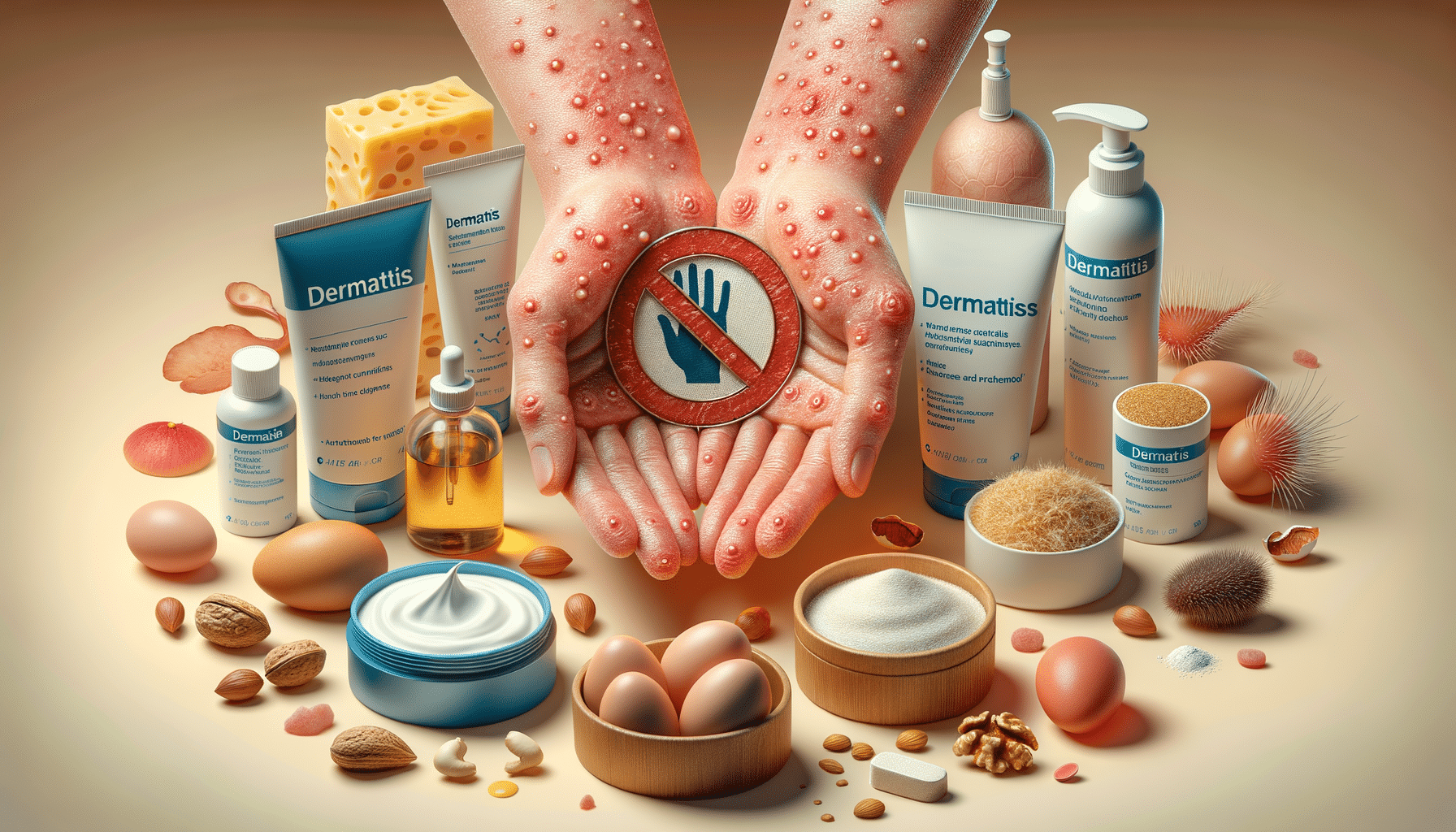
How to Manage Eczema and Dermatitis Flare-Ups with Simple Lifestyle Changes
What Causes Dermatitis Flare-Ups?
Dermatitis flare-ups can be triggered by a variety of factors, making it essential to identify personal triggers to manage the condition effectively. Common causes include environmental factors such as changes in temperature and humidity, which can dry out the skin and lead to irritation. Allergens like pollen, pet dander, or dust mites can also provoke flare-ups in sensitive individuals.
Additionally, certain skincare products containing harsh chemicals or fragrances may irritate the skin. Stress is another significant factor that can exacerbate dermatitis, as it can weaken the immune system and increase skin sensitivity. Furthermore, wearing rough or tight clothing can cause friction against the skin, leading to irritation and potential flare-ups.
To manage dermatitis effectively, it is crucial to keep a diary of potential triggers and symptoms. This can help in identifying patterns and avoiding known irritants. Consulting with a dermatologist can also provide personalized insights and recommendations based on individual skin types and conditions.
Can Dermatitis Be Cured with Creams?
While there is no definitive cure for dermatitis, creams and topical treatments can play a significant role in managing symptoms and reducing flare-ups. Moisturizing creams are particularly important as they help to maintain the skin’s barrier function, preventing dryness and irritation. Look for products that are free from fragrances and harsh chemicals to minimize potential irritation.
Topical corticosteroids are commonly prescribed to reduce inflammation and itching associated with dermatitis. These should be used under the guidance of a healthcare professional to avoid potential side effects from prolonged use. Additionally, calcineurin inhibitors are another class of creams that can be used to manage dermatitis, especially in sensitive areas where steroid creams might not be suitable.
It’s important to note that while creams can help manage symptoms, they do not address the underlying causes of dermatitis. Combining topical treatments with lifestyle changes, such as avoiding known triggers and maintaining a healthy skincare routine, can improve overall skin health and reduce the frequency of flare-ups.
How to Manage Eczema Dermatitis Fast
Managing eczema dermatitis quickly requires a combination of immediate and long-term strategies. First and foremost, applying a cold compress can provide rapid relief from itching and inflammation. This helps to soothe the skin and reduce the urge to scratch, which can worsen the condition.
Keeping the skin hydrated is crucial, so applying a gentle moisturizer immediately after bathing can lock in moisture. Opt for products that contain ingredients like ceramides or hyaluronic acid, which are known for their hydrating properties. Avoid hot showers or baths as they can strip the skin of natural oils, leading to dryness and irritation.
Incorporating antihistamines can also help manage itching, especially if allergens are a known trigger. It’s important to follow the advice of a healthcare provider when using medications. For long-term management, identifying and avoiding triggers, maintaining a consistent skincare routine, and managing stress through relaxation techniques such as meditation or yoga can help keep eczema under control.


